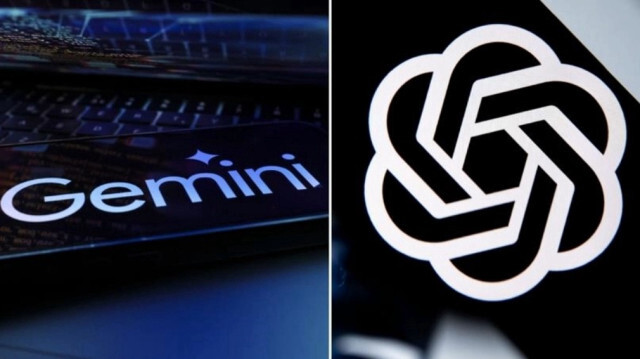
Remember while you used to repeat your pal’s homework or project, and your trainer caught you? Yes, this is similar scenario however with a contemporary model. OpenAI desires to make sure lecturers know the constraints of instruments that declare to establish AI-generated textual content like ChatGPT. They’re saying these instruments cannot all the time be trusted.OpenAI acknowledges the issues of lecturers and has taken steps to handle them. They have developed an in depth FAQ to help lecturers in using ChatGPT responsibly and successfully inside an academic atmosphere, notably once they suspect college students could try to take advantage of AI for dishonest functions. To fight this difficulty, numerous instruments have additionally been explicitly designed to sort out the issue of scholars utilizing AI chatbots to cheat on assignments, homework, or assessments. These instruments safeguard tutorial integrity and be sure that assessments precisely replicate college students’ genuine talents. But OpenAI is stating that these instruments have their flaws.OpenAI talked about that whereas some instruments declare to detect AI-generated content material, none have persistently confirmed they will inform AI writing from human writing. These instruments typically get it improper and mistakenly suppose that human-written content material was really created by AI. Surprisingly, they even thought texts by well-known authors like William Shakespeare and the Declaration of Independence have been written by AI.While AI writing instruments will be helpful, putting a stability and avoiding overreliance is important. Overusing these instruments may result in misunderstandings, with lecturers mistakenly accusing college students of dishonest even once they have not. OpenAI has additionally acknowledged that these instruments could inadvertently drawback college students who’re studying English as a second language or want to put in writing concisely. Educators and learners should stay aware of such know-how’s potential limitations and biases, making certain truthful and inclusive instructional environments.Some lecturers have tried one other method. They put the textual content they think is AI-generated into ChatGPT and ask if it wrote it. But this is not foolproof both as a result of ChatGPT would not have an excellent reminiscence, and typically it offers incorrect solutions, claiming it wrote one thing when it did not.While OpenAI’s FAQ could not present a foolproof technique for detecting ChatGPT-based dishonest, it presents an alternate method that promotes transparency and accountability. Encouraging college students to overtly showcase how they make the most of ChatGPT to reply questions fosters a way of honesty and collaboration amongst lecturers and classmates. This means, everybody is aware of the software’s utility and may guarantee its correct use in instructional settings.Read subsequent: Meta Gives Users Greater Control Over How Their Data Is Used For AI Training Purposes
https://www.digitalinformationworld.com/2023/09/openai-cautions-teachers-about-ai.html




